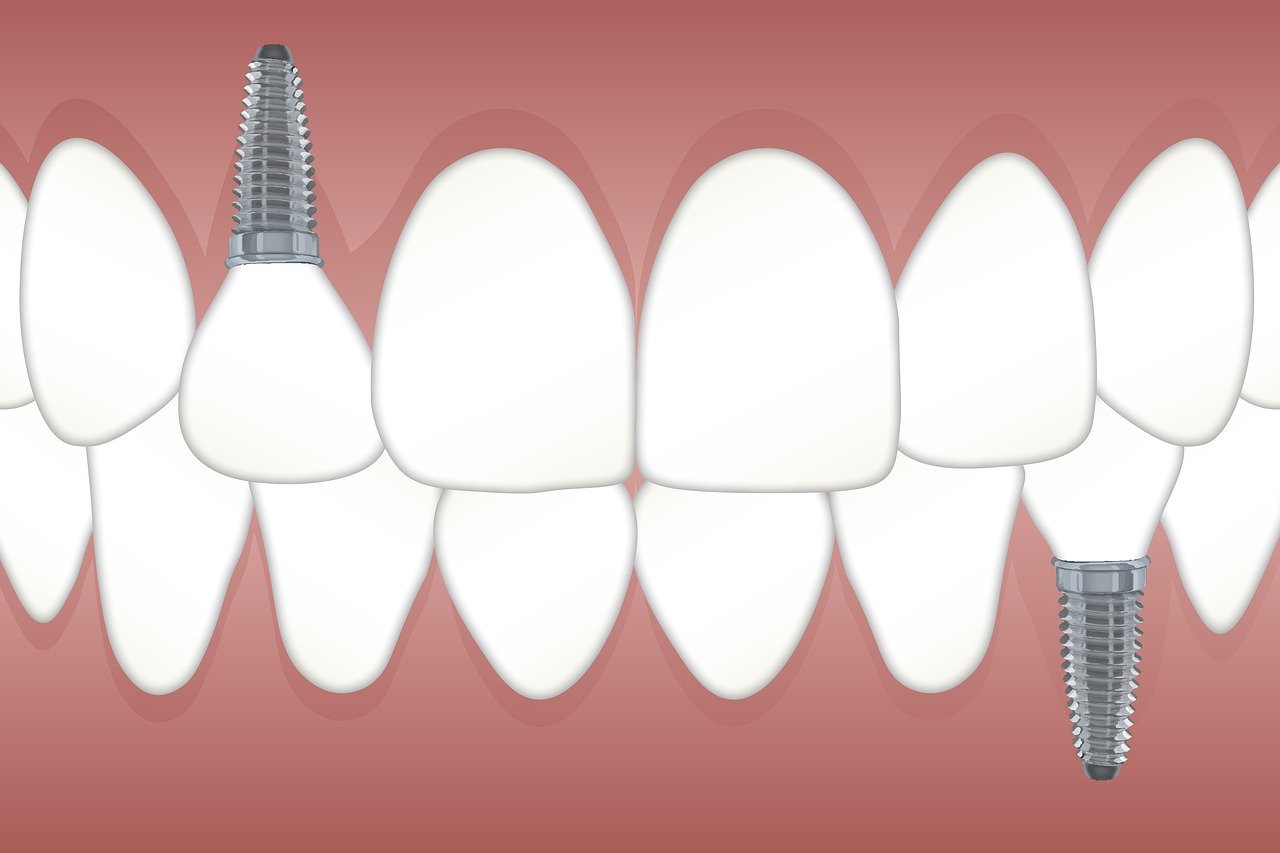Key Takeaways
- Understand the benefits and challenges of modern dental implants.
- Gain insights into the procedure and recovery process.
- Learn about advancements in dental implant technology.
- Discover tips for maintaining long-lasting dental implants.
What Are Dental Implants?
Dental implants are a cutting-edge option for replacing damaged or missing teeth. These implants provide a solid base for fixed or removable replacement teeth that resemble the patient’s original teeth. Most implant posts are titanium surgically placed into the jawbone as a root substitute. Abutments connect the implant post to the crown, mimicking the function of a natural tooth. Affordable dental implants near Broward County provides dependable solutions that combine style and functionality to help patients improve their oral health and general quality of life.
Benefits of Dental Implants
Dental implants offer multiple advantages over other tooth replacement options. They drastically improve facial aesthetics and boost confidence with a seamless smile. Because the implants fuse with the jawbone and become firm, they functionally restore the capacity to chew and talk. Instead of dentures, implants do away with the discomfort of detachable oral equipment. These implants are a priceless investment in oral health since, with the proper maintenance, they offer a permanent solution that may last a lifetime.
The Dental Implant Procedure
A thorough examination by a dentist is the first step in the procedure to verify your candidacy for dental implants and to evaluate the general health of your mouth. Careful planning involves imaging and modeling to lay out the precise placement of the implants. The surgical procedure consists of inserting the titanium post into the jawbone under local anesthesia. Over time, the jawbone heals around the implant post in a process known as osseointegration, securing it firmly in place. After successful osseointegration, a prosthetic tooth (crown) is affixed to a connector (abutment) on the dental implant.
Recovery and Aftercare
The complexity of the procedure and the individual health status of each patient determine how long recuperation takes after dental implant surgery. To minimize discomfort, patients are often advised to adhere to a soft diet for a few days after surgery. Although there may be some minor bleeding and edema, these may be managed with the proper care and prescribed medications. Strict dental care is necessary to prevent infections and hasten the healing process. Routine follow-up appointments with the dentist are also required to track healing and ensure the implant blends seamlessly with the jawbone.
Innovations in Dental Implant Technology
The field of dental implant technology continues to evolve, with recent innovations focused on improving accessibility and patient outcomes. Advances in materials, like the development of zirconia implants, offer strength and aesthetics, blending seamlessly with natural teeth. Furthermore, digital planning technologies, including 3D imaging and guided surgery, allow for precision in implant placement, reducing recovery time and increasing success rates. These innovations promise to make dental implants a viable option for an even broader audience, enhancing the standard and experience of care.
Common Misconceptions About Dental Implants
A prevalent misconception about dental implants is that they are prohibitively painful. However, thanks to modern dentistry techniques, the implantation process is often much less discomforting than expected, typically comparable to a tooth extraction. Another frequent myth is regarding the high rejection rate of implants. Current research and statistics suggest that with proper planning and execution, the success rate of dental implants is upwards of 95%. Prospective patients must seek accurate information and consult with qualified professionals to dispel any apprehensions surrounding this procedure.
Tips for Maintaining Your Implants
The patient’s dedication to maintaining good oral hygiene significantly impacts the longevity and success of dental implants. Gums and surrounding tissues must be kept healthy through regular brushing and flossing. To avoid damaging the implant or the gums around it, it is also recommended to use a soft-bristled toothbrush and non-abrasive toothpaste. Dietary practices also matter; limiting the consumption of sticky and sugary foods might help avoid plaque accumulation. Regular dental examinations guarantee that any problems are identified early on, protecting your implants’ health and general oral health.
When to Consult a Professional
Consulting a dental professional is key to the longevity of your dental implants and oral health. If you experience persistent pain, inflammation, or mobility in the implant, it is essential to seek medical advice promptly. Regular consultations allow for monitoring the implant’s condition and proactively addressing potential issues. Remember, investing in regular dental care enhances your implant’s lifespan and contributes significantly to your overall health, underscoring the importance of staying engaged with your dental health journey.



